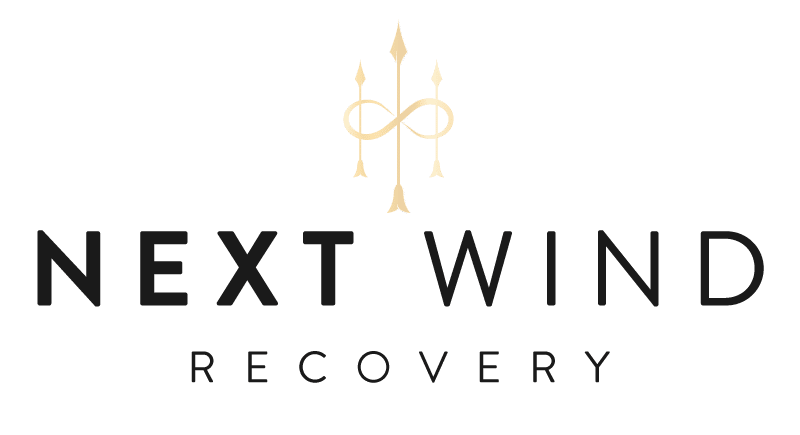In overcoming addiction, finding hope is often the first step toward recovery. The road to wellness can seem daunting and overwhelming for those struggling with substance abuse. However, there is a beacon of light amidst the darkness – partial hospitalization programs (PHPs). These specialized treatment programs offer a comprehensive approach to addiction recovery, providing individuals with the support, structure, and resources they need to reclaim their lives.
Next Wind Recovery is a treatment facility designed to evaluate and address the individual needs of our clients. Our partial hospitalization programs are personalized to meet our client’s needs and provide them with a holistic approach to addiction treatment.
Contact Next Wind Recovery today to learn more about our top-rated drug rehab in New Jersey.
Understanding The Different Levels Of Care In Addiction Treatment
Addiction is a complex disease that requires a multi-faceted approach to treatment. To cater to the diverse needs of individuals seeking recovery, addiction treatment is typically offered at various levels of care. These levels of care include inpatient treatment, outpatient treatment, and partial hospitalization. Inpatient treatment involves round-the-clock care in a residential facility, providing individuals with a highly structured and supportive environment. Outpatient treatment, on the other hand, allows individuals to receive treatment while still living at home and attending work or school. Partial hospitalization falls somewhere between these two levels of care, offering intensive therapy during the day while allowing individuals to return home in the evenings.
What Is Partial Hospitalization?
Partial hospitalization, often called PHP, is a treatment program that provides individuals with comprehensive care for addiction and mental health issues. PHPs are designed to bridge the gap between inpatient and outpatient care, allowing individuals to receive intensive treatment without staying overnight in a residential facility. These programs typically operate daily, providing structured therapy sessions, group counseling, educational workshops, and other support services. PHPs are a practical option for individuals who require more intensive treatment than outpatient care can provide but do not need the round-the-clock care offered in inpatient treatment.
Benefits Of Partial Hospitalization In Addiction Recovery
Partial hospitalization programs offer a range of benefits that contribute to successful addiction recovery. One of the critical advantages of PHPs is the level of support and structure they provide. Unlike outpatient treatment, where individuals may have limited contact with treatment professionals, PHPs offer daily access to therapists, counselors, and medical staff. This constant support ensures that individuals receive the guidance and assistance they need to navigate the challenges of early recovery. Additionally, PHPs provide a safe and structured environment that minimizes the risk of relapse, as individuals are removed from the triggers and temptations of their everyday lives. The intensive nature of PHPs also allows for more focused and individualized treatment, addressing the unique needs of each participant and tailoring the program accordingly.
How Partial Hospitalization Programs Work
Partial hospitalization programs typically operate on a schedule that mirrors a typical workday, running for five to six hours a day, five to seven days a week. During this time, individuals participate in various therapeutic activities, such as individual counseling, group therapy, family therapy, and educational workshops. The specific treatment modalities used in PHPs may vary depending on the program and the individual’s needs. These may include cognitive-behavioral therapy (CBT), dialectical behavior therapy (DBT), motivational interviewing (MI), and holistic approaches such as yoga and meditation. PHPs also provide individuals access to medical services, ensuring that any physical or mental health issues are addressed and treated as part of the recovery process.
The Components Of A Typical Partial Hospitalization Program
A typical partial hospitalization program consists of several vital components that work together to support individuals in their journey toward recovery. The first component is individual counseling, where individuals meet one-on-one with a therapist to explore their challenges, develop coping strategies, and set goals for their recovery. Group therapy is another essential component, providing individuals with the opportunity to connect with peers who are facing similar struggles. Group therapy sessions encourage open and honest communication, allowing individuals to share their experiences, learn from others, and build a strong support network. In addition, family therapy is often incorporated into PHPs, as addiction affects not only the individual but also their loved ones. Family therapy helps to repair and rebuild relationships, fostering a supportive and understanding environment for long-term recovery. Educational workshops and skill-building sessions are also standard in PHPs, equipping individuals with knowledge and tools to manage their addiction and prevent relapse.
Finding Hope In Treatment with Next Wind Recovery
Addiction recovery is a challenging but rewarding journey. Finding hope is often the first step toward lasting recovery for those struggling with substance abuse. Next Wind Recovery’s partial hospitalization program offers a practical option for individuals seeking intensive treatment without requiring round-the-clock care. Through our comprehensive support, structure, and resources provided, our clients can address the underlying causes of their addiction, develop coping skills, and build a strong foundation for long-term sobriety. Learn more about Next Wind Recovery’s Partial Hospitalization Program in New Jersey.








